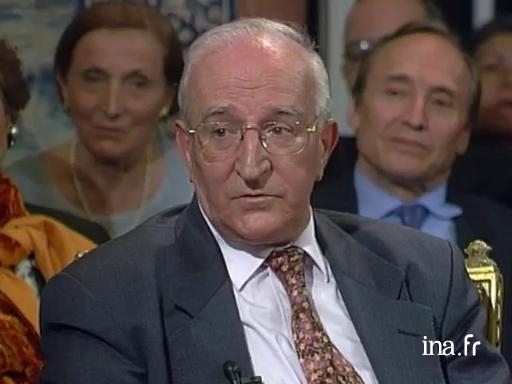About Pessoa

Information
Essay writer and philosopher Edouardo Lourenco, author of a biography of Fernando Pessoa, explains how this writer, who is now considered to be one of the most important ones of the century, disrupted Portuguese imaginations through his accounts of the city of Lisbon and daily life. His work also discusses modern man's loss of identity through his multiplicity. Finally, Pivot comments on one of his greatest works, Book of Disquiet.
Context
Never perhaps has the term 'elusive' applied more to an author than to Portuguese Fernando Pessoa (1888-1935), whose name means 'person'. Writing in his mother tongue as well as in English, that he learned in South Africa where his mother remarried with the Portuguese Consul in Durban, he practically never left Lisbon, his birth town, after his return in 1905, living from translation work and publishing (in particular he founded the poetic reviews, Orpheu in 1915, that only had two editions, and Athena, as well as the publishing house Olisipo).
An unrecognized poet who had just published one book, Message (1934), left after his death over 27,000 handwritten poems in a trunk, signed by dozens of authors, all aliases or more precisely heteronyms, as he called them, of the elusive poet.
Published since then as collections, his work was immediately recognized as one of the most important contributions to Portuguese and European literature, which earned him a peaceful rest, after a national homage in 1985 on the fiftieth anniversary of his death alongside Vasco de Gama and Luis de Camoens, in the Hieronymites monastery in Lisbon.




